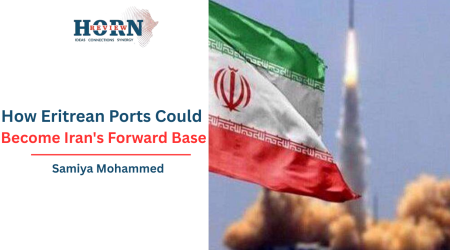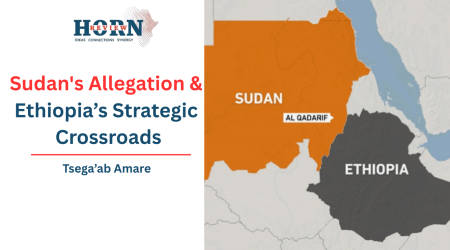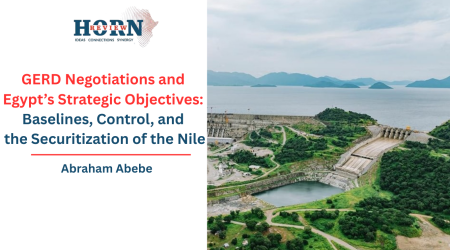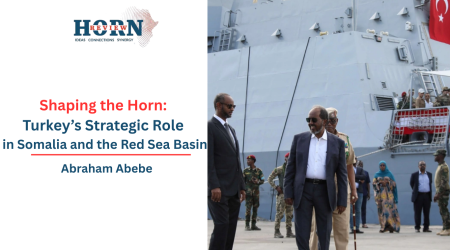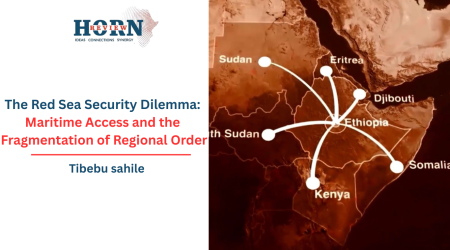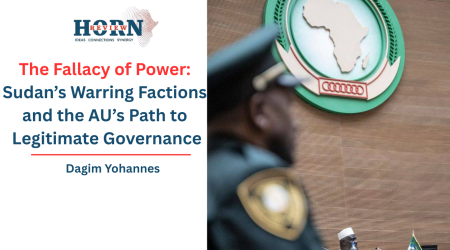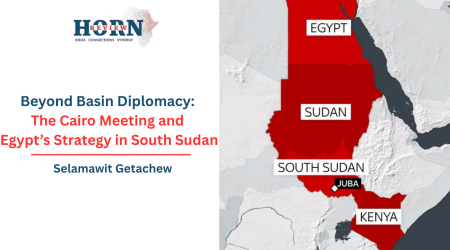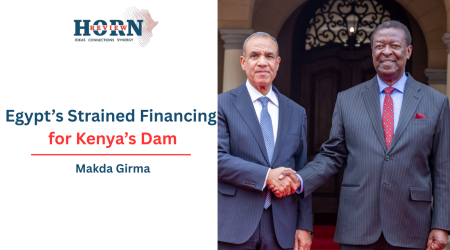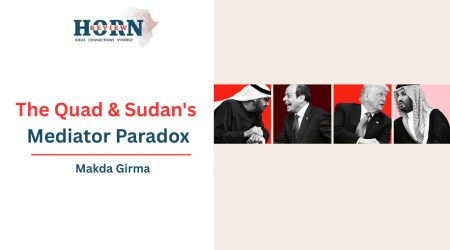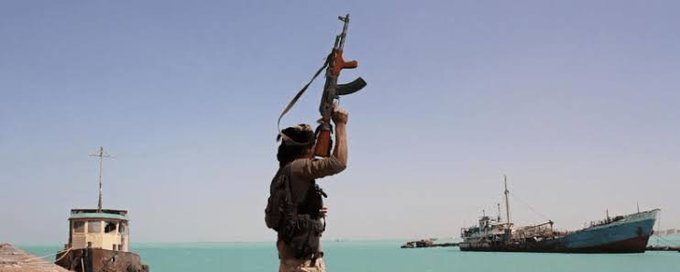
30
Mar
The Houthi Factor is a Red Sea Game-Changer: Here is Why
With the war in Gaza raging on, one formidable actor in the Middle East is posing a challenge to Israel’s campaign – Yemen’s al-Houthi. Israel’s current position in the Middle East is stark to the one it had in the decades before. The country is bigger and more powerful than it had ever been. With the recent normalization efforts, powerful Arab states like Saudi Arabia and Egypt no longer see Israel as a problem to be rid of but as a reality in the region.
Amidst this, only Iran and its web of allies and proxies stood as a challenge to Israel’s security. These groups had, for decades, posed a challenge to the very existence of the Israeli state. However, the relentless Israeli campaign in Gaza and Lebanon seriously damaged their capability and perceived threat. The once-powerful Hezbollah no longer poses a serious threat to Israel, and Hamas is left in shambles. This, coupled with the removal of al-Assad and the re-election of President Trump, sealed the faith of Iran’s once-powerful network. However, Iran is still a powerful actor in the region, boasting an extensive military and a resistant economy. It has strong alliances with alternative powers such as China and Russia.
More importantly, at the tip of the Middle East, the alliance still has a major player at large – the al-Houthi movement. More than just a group, the Houthis, since the 1990s, have gradually taken possession of a large portion of Yemen in the northwest and have established an administration there. They enjoy strong popular support in the areas they control and have an extensive state-like structure known as the Supreme Political Council. For a decade, they had managed to resist a campaign by a coalition of Arab states led by Saudi Arabia. Falling under their control is the gulf of Eden and the Red Sea coasts of Yemen, which has given them substantial power over navigation along the important route.
The Houthi position against Israel is also strong. It inhibits deep anti-Israeli sentiment and feels strong sympathy for Palestinians. It showed practical opposition to the Gaza war, going as far as launching direct missile attacks towards Israel itself, missiles which are largely seen as supplied by Iran. Al-Houthi’s greatest leverage over Israel, however, has been its significant control over the waters of the Red Sea. The group has often used its positioning on the Bab-El-Mandeb Strait, the Red Sea, and the Gulf of Eden to deter its enemies, including during the Saudi-led intervention in Yemen.
With the Gaza war, the group has intensified its actions by sabotaging and attacking Israeli commercial ships and hindering a large portion of trade flow in the area.
Other payers in the region, including Saudi Arabia – which has been trying to make peace with the group- Israel itself and Egypt have been incapable of deterring Houthi attacks. Due to this, the US under Trump has begun a strong campaign set on damaging Houthi influence on the Red Sea. Although US airstrikes against Yemen are not new, Trump, as a strong supporter of Israel, has set his eyes on deterring the groups’ military capability far beyond the coasts.
Although the narrative remains on “restoring navigation and stopping Houthi attacks” as US Defence Secretary Hegseth described the campaign, a plan to dismantle the Houthis altogether may be in the works. For one, the Israeli push in the region for the past two years has been largely successful. It has, in an extensive military and intelligence campaign, managed either to dismantle or heavily deter its challenges in the region. Besides Iran itself, which is an altogether different foe to Israel, only the al-Houthi group remains.
With Trump, Tel Aviv sees an opportunity to succeed in its efforts. Although US airstrikes are doing damage to Houthi capabilities, eliminating them all together will be a much tougher challenge for Israel and the US. The Saudis and a large number of countries had fought the Houthis for over a decade and were unable to do any real damage on its territorial control, let alone dismantle it. If the US is eying the demise of Houthis, it will utilize other actors on the Red Sea to do so.
The favourable position Somaliland enjoys with the Trump administration, therefore, can be viewed in this light.
President Trump, since his return in office, has been building relations with the breakaway region. The US is largely attracted by the critical position Somaliland has in the Gulf of Eden and the Red Sea and its contrast in Stability and functioning compared to mainland Somalia. The region has also been cooperative towards Trump, reportedly offering the US a military base at the critical Berbera port. The region sees in the US the possibility of gaining recognition, which will greatly laminate its independent status.
The US already has a military base in Djibouti, but one in Somaliland offers the country a launch point for its campaigns against not only Yemen but also against groups such as al-Shabab and ISIS Africa. Unlike Djibouti, which also hosts US rival China, the region offers America a singular and unique foothold. Should the US airstrikes against al-Houthi turn into a prolonged effort, Somaliland will likely emerge as a key asset for Trump.
Somaliland is also eyeing a relationship with Israel. When the proposal to resettle displaced Gazans to other areas, including the region emerged, Somaliland refrained from rejecting the idea altogether and stated that it was willing to discuss “on any matter”.
The Houthi campaign might also draw in other actors like Ethiopia. The country has historically been a major US and Israeli ally. Its military had for decades fought and, to a large degree successfully deterred al-Shabab and the ICU, actors which had successfully resisted US intervention. The US and Israel could see a need to utilize Ethiopian military resources to be able to successfully combat the Houthis.
This scenario will be made unlikely due to the country being locked out of the Red Sea since Eritrean independence. But in recent years, Ethiopia has made significant strides to gain access to a port along the coast. Ethiopian and Israeli relations have also been strengthening in recent months. In a meeting between the two countries’ Foreign Ministers, Israel had pointed out a link between al-Houthi and al-Shabab, describing them as a collective threat to the region.
With US foreign policy in the region often paralleling that of Israel’s, a reignited American attention on Ethiopia could be seen. With the Houthis singled out as the most immediate threat in the region and the country eying a greater presence in the Red Sea, a heightened campaign against the group will most likely involve Ethiopia.
As Israel consolidates its position in the Middle East, ridding itself of actors that it considers security threats, new alliances are forming, and old alliances are strengthening. The al-Houthi campaign by the US and Israel could draw in actors like Ethiopia, marking a significant shift in the geopolitical order in the region.
By Mahder Nesibu, Researcher at Horn Review

